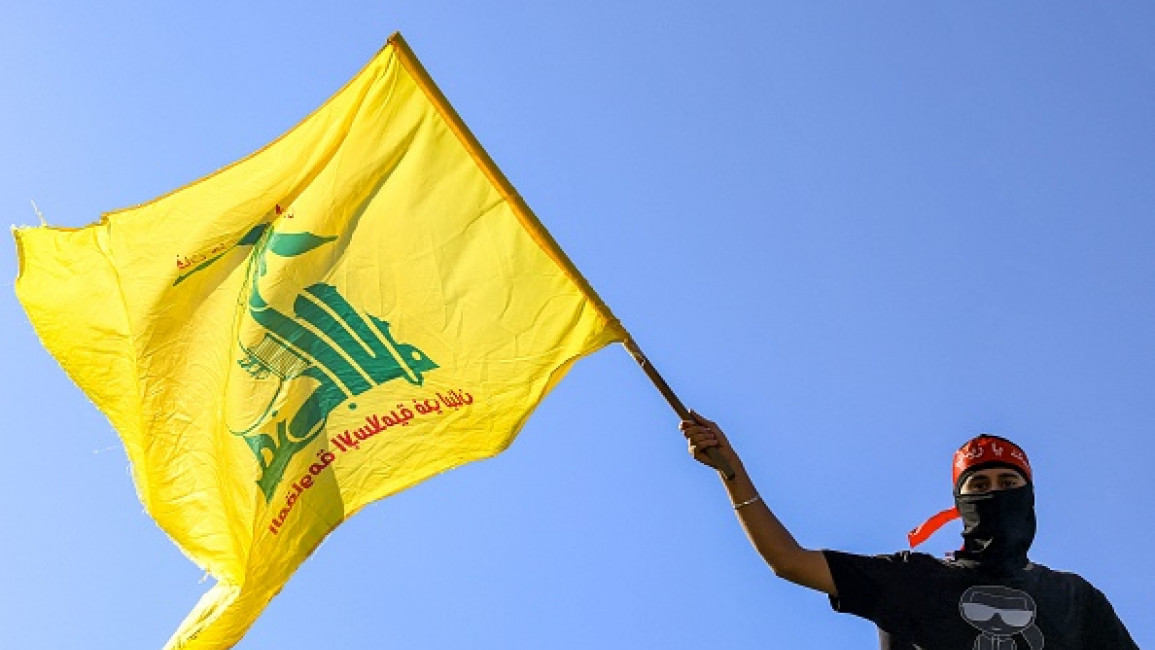Western diplomats look to UNSCR 1701 to resolve Lebanon-Israel conflict
Western diplomats redoubled their efforts this week to implement UN Security Council Resolution 1701 in an effort to end fighting along Lebanon and Israel's shared border.
During French Foreign Minister Catherine Colonna's visit to Beirut on 18 December, she called on both Lebanon and Israel to implement the UN resolution in order to spare the region from wider conflict.
Resolution 1701 was written to confirm the withdrawal of Israel from Lebanon after the July 2006 war and also mandates that Hezbollah disarm and move its forces north of the Litani River.
However, Israel has not withdrawn from all Lebanese territory – specifically the occupied Shebaa farms, Ghajar and the Kafr Shouba heights – and Hezbollah has argued that its arms are necessary to deter Israel from attacking south Lebanon.
Israel has ramped up pressure on Hezbollah to withdraw north of the Litani river, with Defense Minister Yoav Gallant saying Israel preferred to negotiate the Lebanese group's withdrawal through diplomacy, but if that fails, Israel will "do this by force."
Israel has said that in order for the nearly 80-thousand residents of northern Israel who evacuated due to fighting to return, Hezbollah would need to withdraw north of the Litani River.
Gallant's threat has been accompanied by a steady escalation in cross-border clashes on both sides, with Israel killing a delivery driver on 19 December and targeting a Hezbollah fighter's funeral a day prior.
Hezbollah, in turn, struck Israel's Iron Dome Missile Defense batteries, the first time it has done so, in a demonstration of the group's military capacity.
Last best chance
Clashes along the Lebanese-Israeli border first started on 8 October after Hezbollah launched rockets at Israel "in solidarity" with Hamas's surprise attack on southern Israel the day prior.
Hezbollah's leadership has repeatedly linked its attacks on Israel with Israel's operation in Gaza and stopped fighting during the week-long truce between Hamas and Israel.
Fighting along the shared border has increasingly taken a life of its own over the last nine weeks, provoking fears of miscalculation and escalation.
International calls for de-escalation have fallen on deaf ears in both Israel and Lebanon.
As a result, UNSC Resolution 1701 is increasingly seen as the best way out of the current tit-for-tat escalation on the Lebanese-Israeli border, a Western diplomatic source told The New Arab.
The source added that the fact that the resolution is already written but just needs to be fully implemented could make it a much easier process than negotiating a new agreement between Lebanon and Israel from scratch.
There is also support for the full implementation of the resolution within Lebanon, with the opposition party urging a withdrawal of Hezbollah's force from south of the Litani as an off-ramp from war.
"The only way to secure peace and security for everyone is to implement this because what's in it is to keep the area between the Litani River and the Blue Line free of any weapons or armed groups," Dr Richard Kouyoumjian, the head of foreign relations for the Christian Lebanese Forces political party, told TNA.
Western powers are reportedly seeking to secure the withdrawal of Hezbollah's forces from the south, the demarcation of the 13 contested points of the Lebanese-Israeli border, and either the strengthening of the UN peace-keeping force in the south or the Lebanese army as a buffer force.
Various proposals have been floated to entice Hezbollah to engage with resolution 1701, including Israel giving the occupied Shebaa farms back to Lebanon.
Analysts have said that the demand for Hezbollah to withdraw its forces, however, strikes at the core of the Lebanese group's nominal reason for existence as a resistance group to Israel.
"Hezbollah has historically maintained a position that it will maintain arms regardless of Israel's occupation of Shebaa. Its arms are not tied to the occupation of Lebanese territory, rather to the existence of Israel in its current expansionist form," Amal Saad, a Cardiff University lecturer and expert in Hezbollah, told TNA.
The group has said that it is the only force in Lebanon capable of stopping an Israeli invasion of Lebanon. Its critics say that its existence as an armed group has undermined the Lebanese state's ability to form a functional army capable of defending the country's borders.
Sources close to the party have said it is unlikely to come to the negotiating table as long as Israel's military operation in Gaza is continuing.
"The request is refused, and [1701] cannot currently be implemented, the important thing is stopping the war in Gaza. Hezbollah will remain in southern Lebanon ... it will respond to violence with violence," Kassem Kassir, a political analyst close to the party, told TNA.
Lebanese officials have said that any attempts to implement resolution 1701 will have to include action from Israel, including withdrawal from occupied Lebanese territory and halting all Israeli violations of Lebanese airspace and land.


![Minnesota Tim Walz is working to court Muslim voters. [Getty]](/sites/default/files/styles/image_684x385/public/2169747529.jpeg?h=a5f2f23a&itok=b63Wif2V)




![Debris near Rafic Hariri International Airport [Getty]](/sites/default/files/styles/image_330x185/public/2176162423.jpeg?h=a5f2f23a&itok=MCSK9mkM)
![An Israeli air strike on Jabalia killed teenage journalist Hassan Hamad [Screengrab/X]](/sites/default/files/styles/image_212x120/public/2024-10/hassan%20hamad1.jpg?h=c12e0b96&itok=KstD_5xk)
